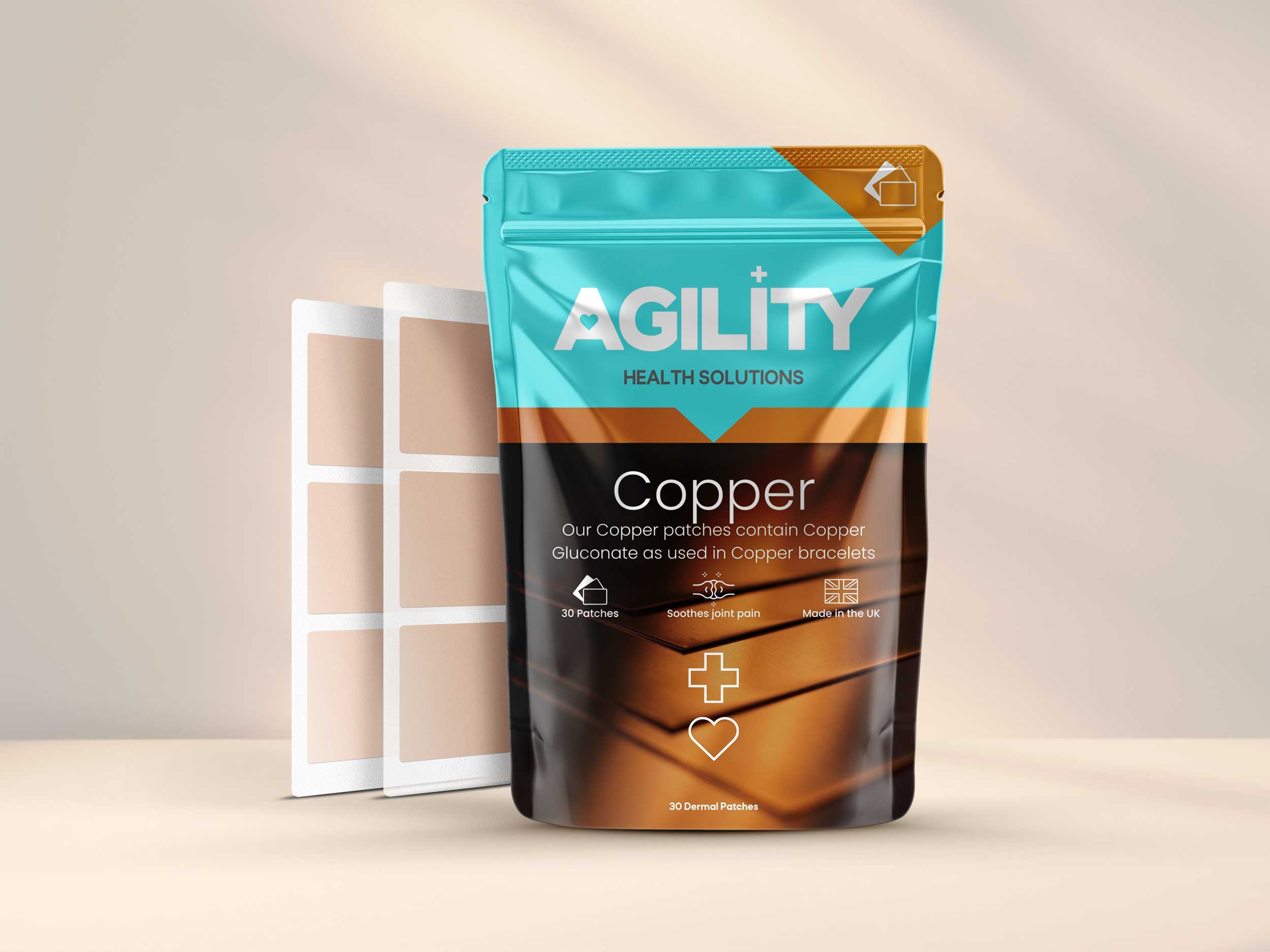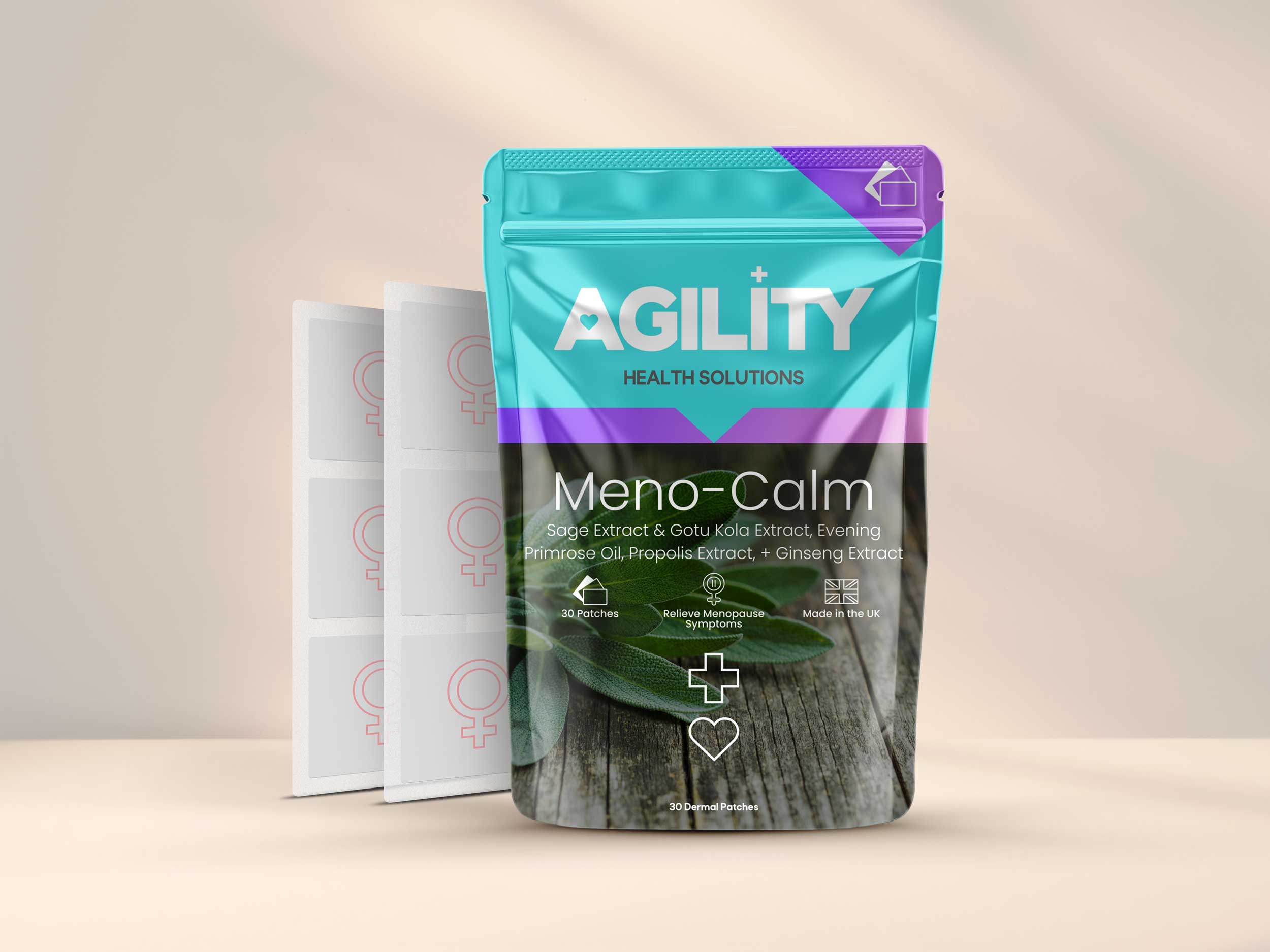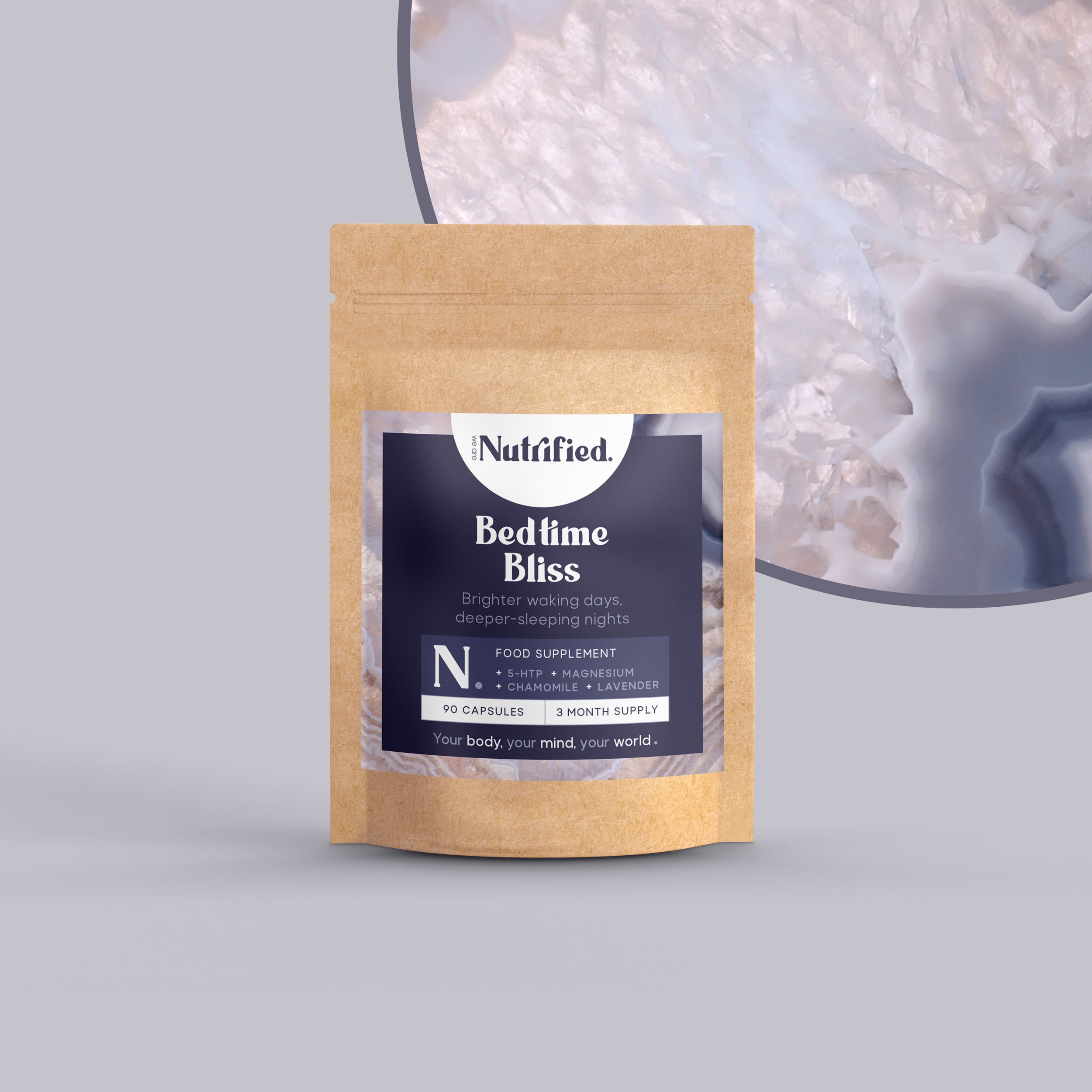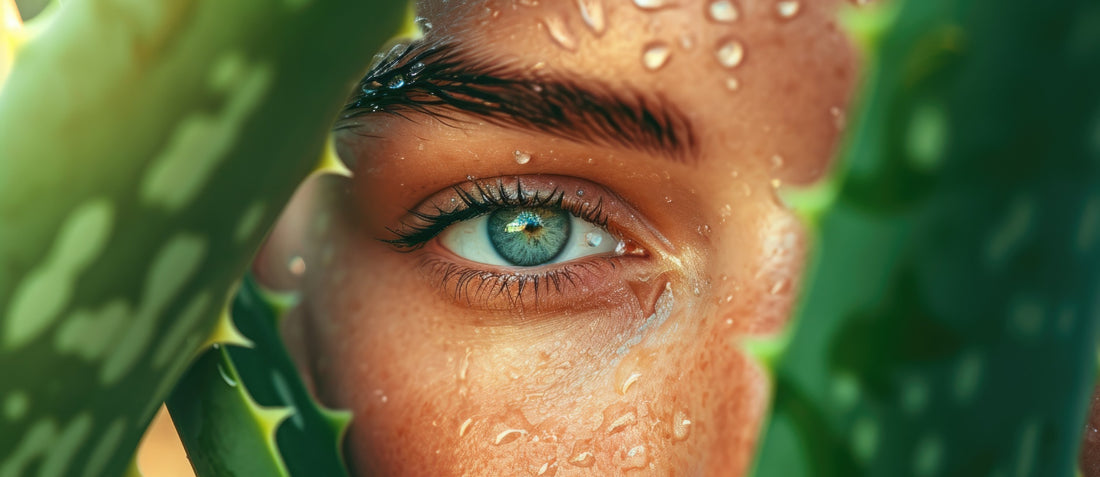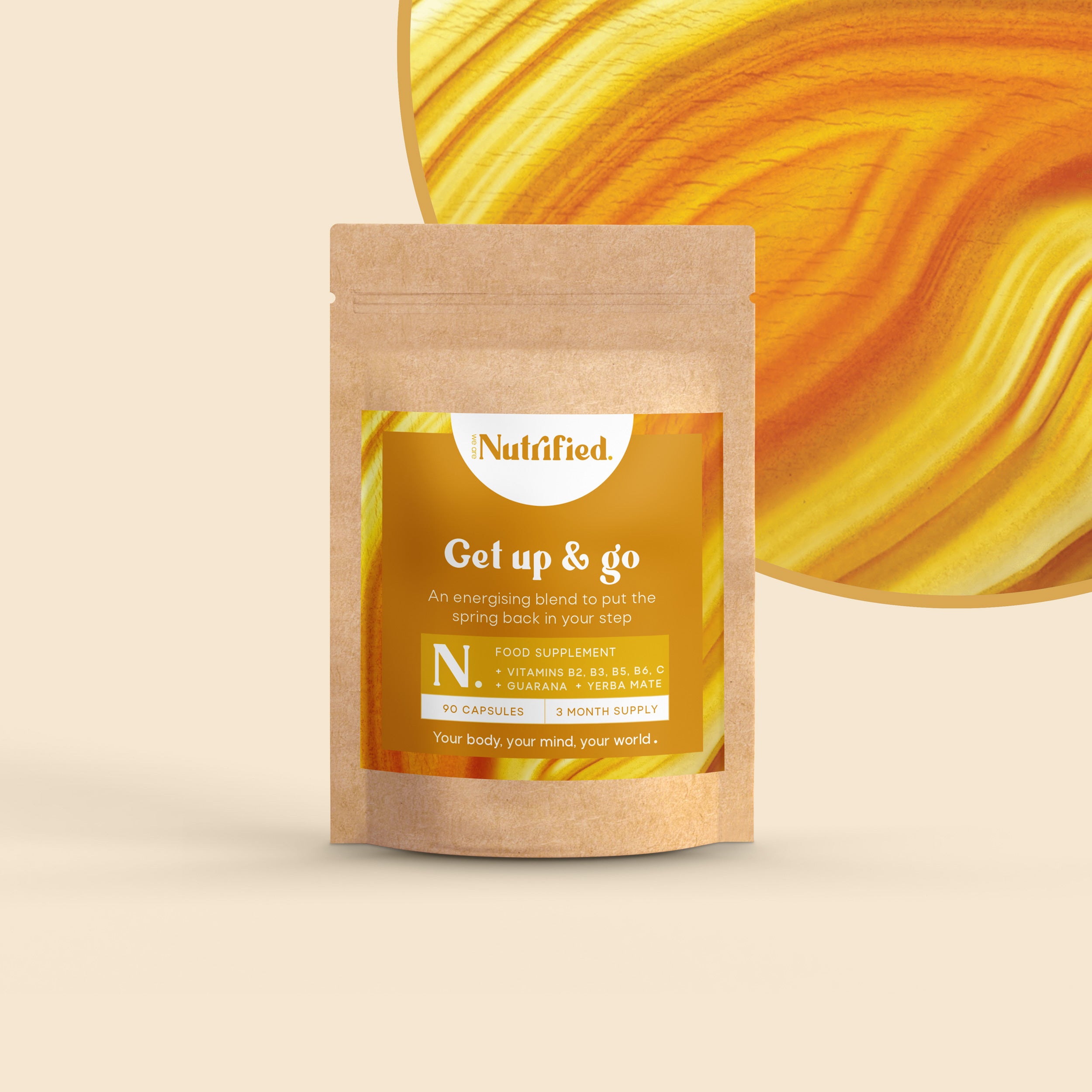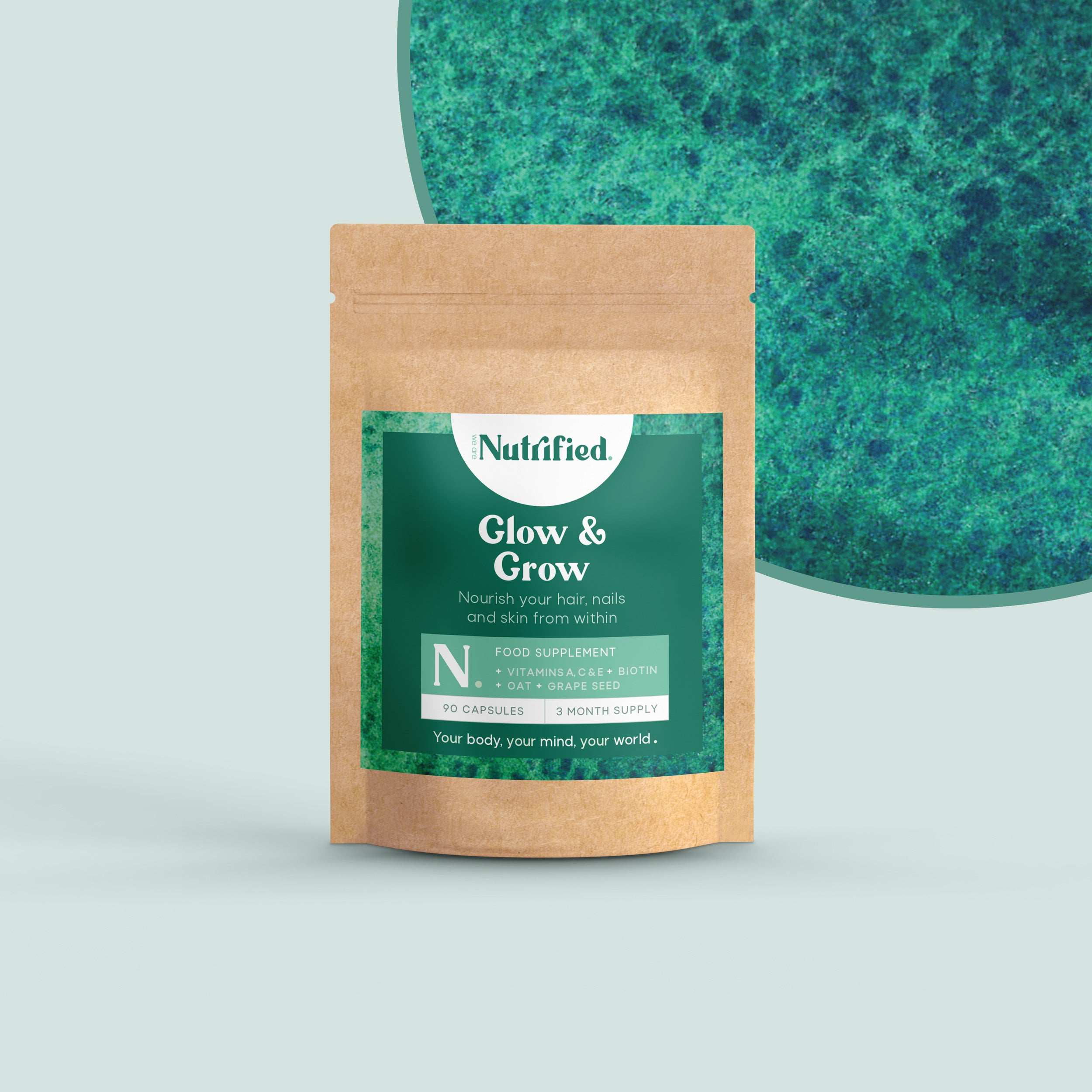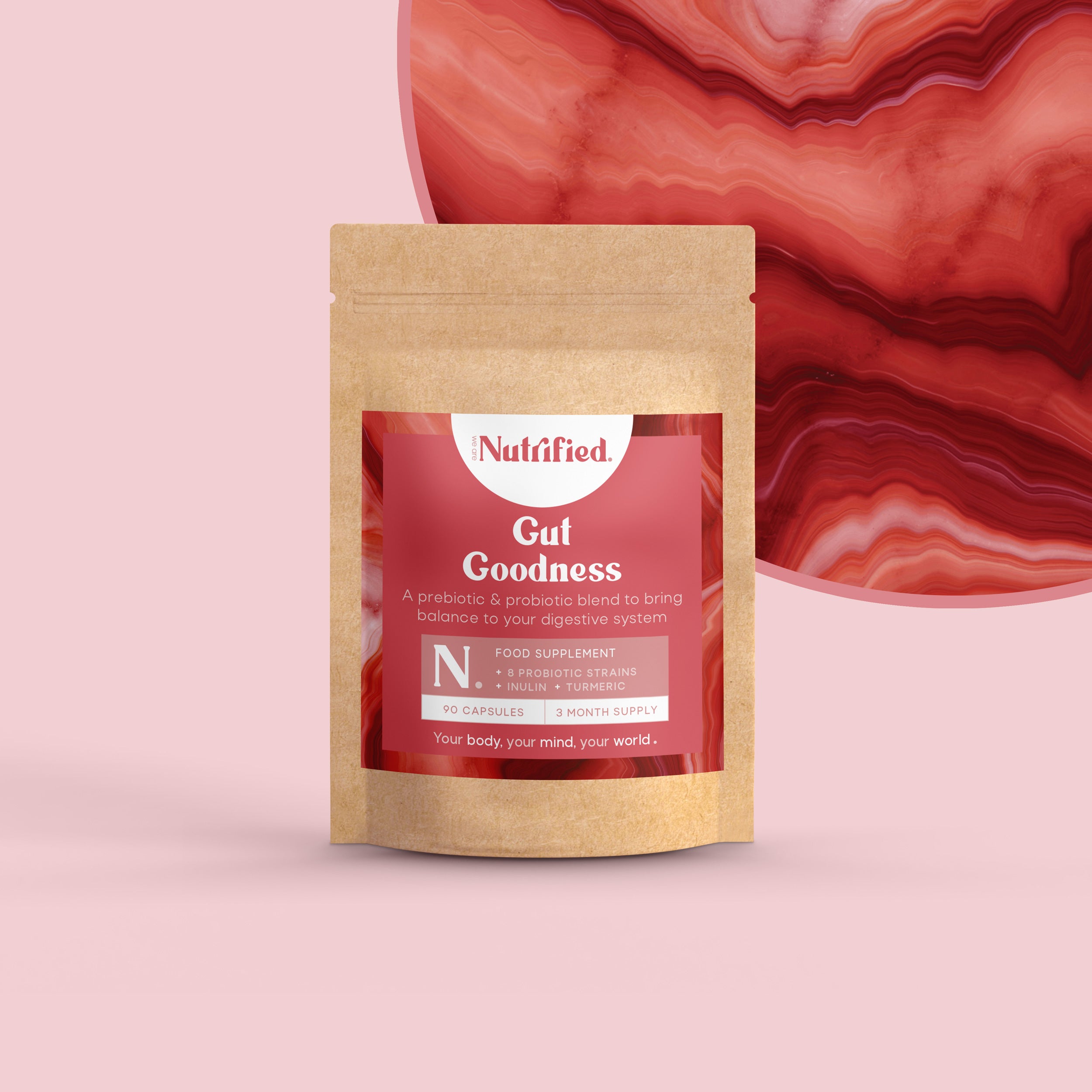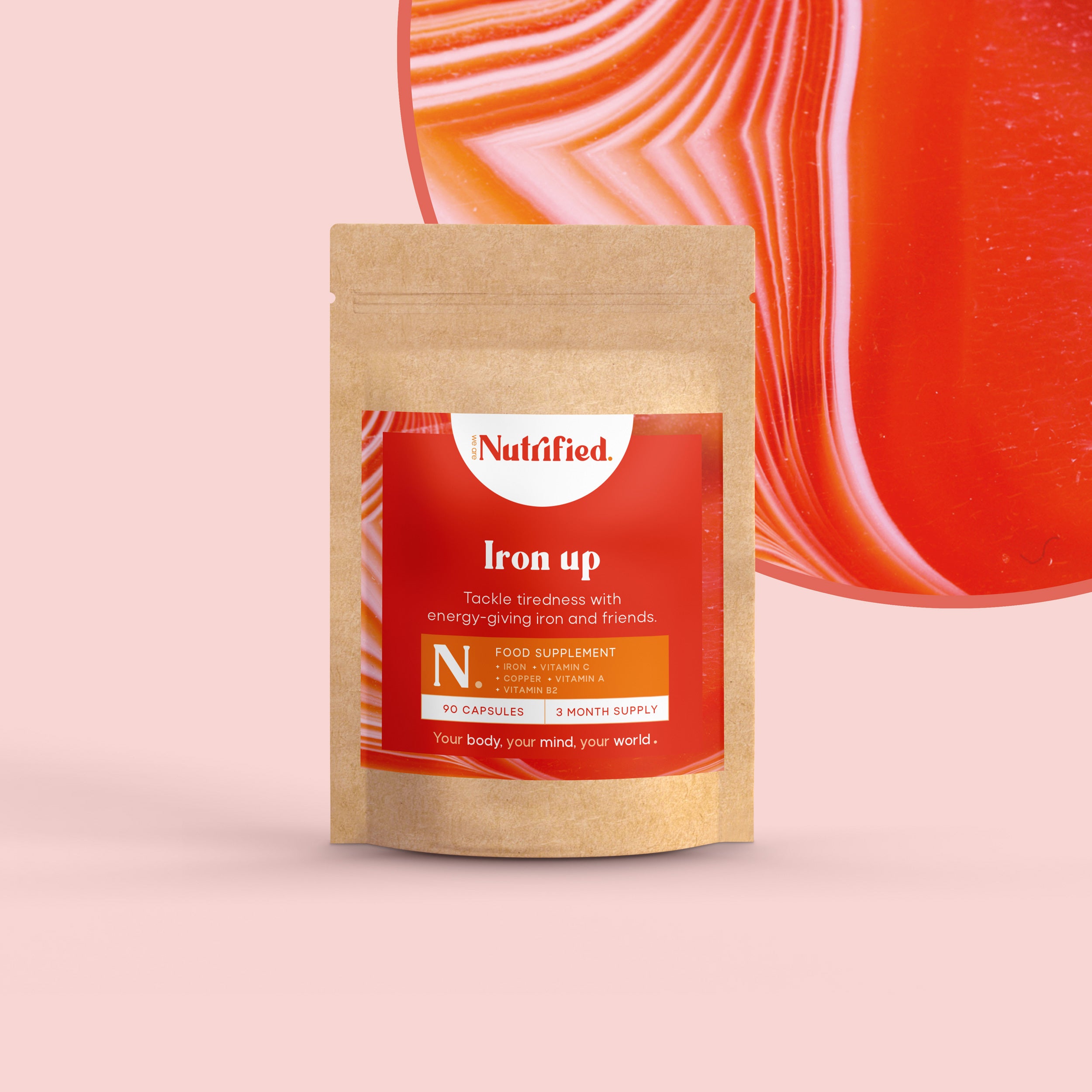Dermal Patches










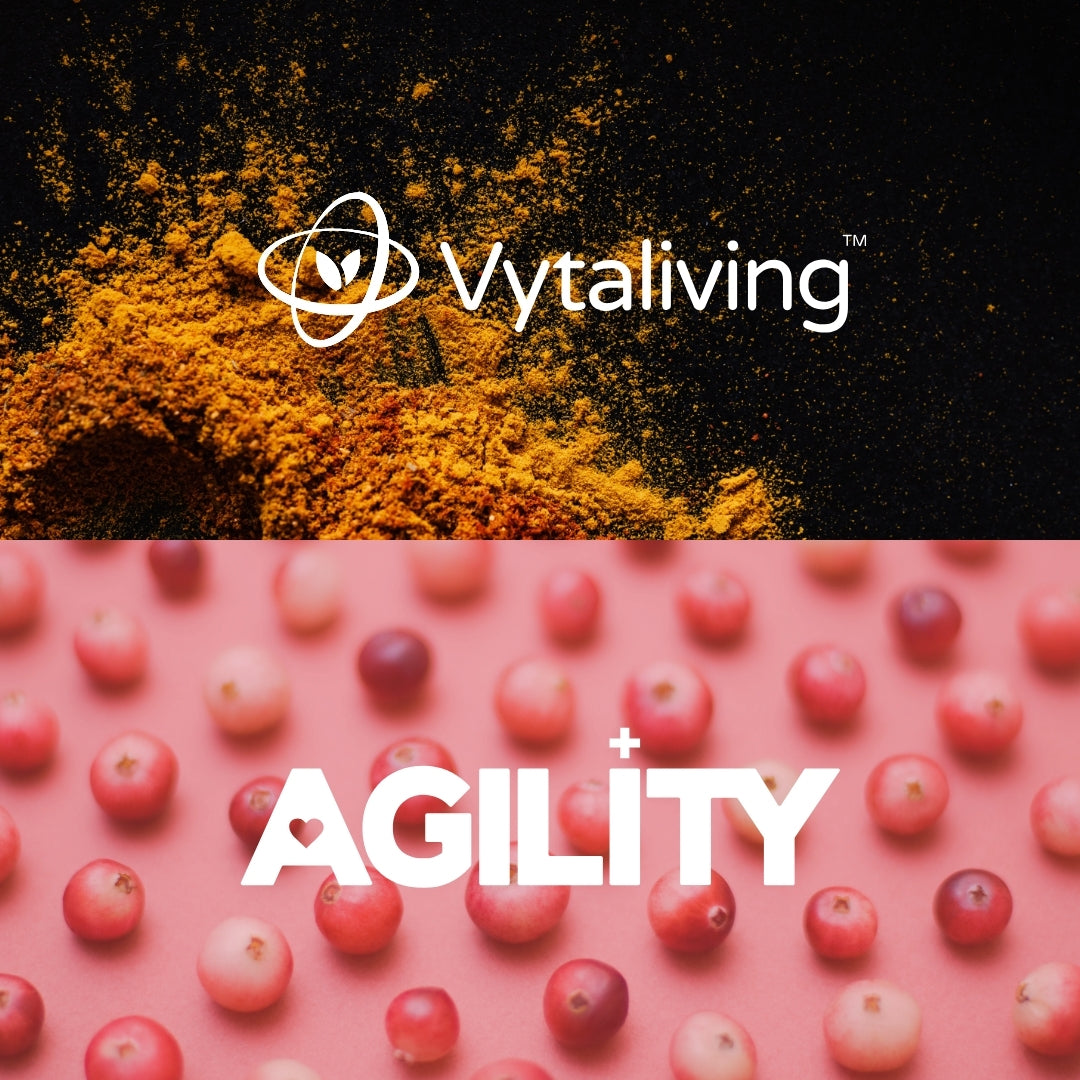
We have rebranded
VYTALIVING WILL NOW BE KNOWN AS AGILITY HEALTH SOLUTIONS. WE ARE STILL THE SAME COMPANY, WITH THE SAME GREAT PRODUCTS AND SERVICE THAT YOU HAVE RECEIVED. THE ONLY THING THAT’S CHANGED, IS OUR BRAND NAME.
AGILITY Health Solutions
We Are Nutrified - Inspired by nature, supported by science
Agility Latest News
Top 10 Resolutions for 2025
Once again, we are welcoming up to the new year and with that comes a renewed energy to set goals, work on ourselves and make 2025 the happiest, healthiest and most fulfilling year to date.
Healthy Ageing - Take good care of yourself
Grow old Gracefully and Healthily A common joke among many of us is that we pretend we are 21 years old with many years' experience, but why are we all so adamant on staying young? This article will look at all facets of ageing from brain health to joint health and what you can do to grow old gracefully, but most importantly, grow old healthily. Common experiences of Ageing It’s normal to experience changes in our bodies and mind as we age, here are some common experiences of ageing: Changes in vision Aches and pains within the joint Changes in memory Muscle and Bone weakness Change in mental wellbeing due to change in lifestyle Change in skin texture Change in sleep Now, not all of these are preventable, but the majority of them are easily minimised with a healthy, balanced diet and lifestyle. Exercise According to the NHS, the general public, should be completing 150 minutes of gentle exercise or 75minutes of vigorous exercise each week. This recommendation changes slightly for those over 65 years. Instead, you are recommended to be physically active every day, with some activity being better than none at all. The focus of your exercise is recommended to be on strength balance and flexibility at least 2 days a week. Exercise is important to maintain muscle mass, flexibility and bone density. Once retired from fulltime work, some people drastically reduce their physical movement, this can lead to a sharp decline in physical health. Here are a few things that you could try to get moving daily: Exercise during the ad breaks on TV. Purchase some home workout equipment to exercise daily. Take part in online or gym yoga and stretching classes. Organise a weekly walk with friends or family members. Commit to a subscription or gym membership to keep you motivated. Opt for an activity that you enjoy. Diet As we age there are a few nutrients that increase in our diet to act as preventative measures for certain age-related illness: Protecting your brain health According to a 2014 review on normal cognitive ageing from the journal of clinics in geriatric medicine, it is very normal to see a decline in conceptual reasoning, memory, and processing speed. Whereas there may be an increase in other skills such as vocabulary. The Journal of Ageing Research Reviews concluded that ‘Nutritional epidemiology has suggested a protective role of healthy diets and of several candidate nutrients for brain aging outcomes.' There are numerous nutrients that are involved in normal cognitive function including, iron, B-Vitamins, iodine, zinc and Omega 3s (DHA & EPA). The brain is highly enriched in DHA, which constitutes 15% of brain lipids compared with less than 5% in most other tissues. Numerous studies have found that diets high in fish and DHA intake are associated with improved cognitive health in older age, with a 10-30% reduced risk of Alzheimer’s disease, brain atrophy, and cognitive decline, and effect sizes equivalent to two to four years of ageing. Whereas one study looked at participants with varied amounts of iodine in their diet and the result this had on brain structure. They found that those who consistently consumed low iodine intake foods had greater brain volume shrinkage. If you want to increase these nutrients opt for oily fish or omega 3 supplements, rice, milk, nuts and seeds. Protecting your eye health Common problems with eyes as we age include macular degeneration and the development of cataracts. According to the American optometric association, here are some of the common changes we notice as we age, including, difficulty reading, problems with glare, changes in colour perception, dry eyes or a need for brighter light to notice detail. We all know that Vitamin A is fantastic to maintain normal vision. However, did you also know that Zinc and DHA (omega 3) are essential for the maintenance of normal vision. An infamous study called the ‘age related Eye disease study’ or AREDS looked at how nutrition affects the development of eye disease as we age. The result of the study found taking AREDS or AREDS2 supplements reduces the risk of disease progression from intermediate to advanced AMD by about 25 percent. The AREDs study contains a blend of ingredients including derivatives of Vitamin A, as well as zinc. Protecting your bone and joint health As adults we reach our peak bone mass at 25-30 years dependent on gender. From 30 years onwards our bone mass begins to decrease. This is accelerated particularly in post-menopausal women. Not to mention the natural degradation of components of the joint, such as joint cartilage over time. For some this can lead to the onset of osteoarthritis. In the UK, approximately 8.5 million people have osteoarthritis. There are a few things that we can do in our diet to ensure we give our bones and joints the best opportunities for long-term health. Firstly, ensuring that you are consuming enough Vitamin D and Calcium. These are essential for the maintenance of normal bones for structural elements. Not to forget other important nutrients such as phosphorus, manganese, vitamin K, C and Zinc. Then, what to consume for healthy joints. Vitamin C plays an essential role in collagen formation that is required for the normal function of joint cartilage. Opt for healthy plant-based fats as well as fish oils, these are considered to be anti-inflammatory fats. In addition, fibres can help with the reduction of inflammatory markers within the blood which may contribute to inflammation and pain, so opt for wholegrain carbohydrates, beans, legumes, fruit and vegetables. Popular supplemental ingredients for joints include glucosamine, MSM and chondroitin. Studies demonstrate that this can help to lubricate the joint and allow freedom of movement once again. So, let's all age gracefully, but most importantly, lets age healthily. References https://www.nhs.uk/live-well/exercise/ https://www.nhs.uk/live-well/exercise/physical-activity-guidelines-older-adults/ https://www.ncbi.nlm.nih.gov/pmc/articles/PMC4015335/#:~:text=Cognitive%20change%20as%20a%20normal,speed%2C%20decline%20gradually%20over%20time. https://www.sciencedirect.com/science/article/pii/S1568163720302142 https://www.bmj.com/content/369/bmj.m2269
Earth Day – Celebrating Herbal and Botanical Ingredients
It’s earth day so we are giving thanks to the earth by celebrating all the great plants, herbals and botanicals it grows to nourish our bodies. Today’s article will discuss plant medicine while celebrating herbal and botanical based Vytaliving products and discussing ways you can give back to the earth. Homeopathy, Ayurvedic & Plant Medicine Plant medicine is a form of complementary medicine that uses natural extracts from plants and the environment to cure or treat ailments and illnesses. Ayurvedic medicine is one of the most popular forms of this using natural and holistic preparations from plants, as well as trace elements, and animal products in combination with a balanced diet and exercise routine. Whereas Homeopathy is a form of alternative medicine in which ailments are treated by minute doses of natural substances that in larger amounts would produce symptoms of the ailment. Research has shown that plant medicine dates as far back as 60,000 years. Even today, 11 percent of the 252 drugs considered essential by the World Health Organization are exclusively derived from flowering plants. For example, the Ancient Egyptians regularly used plants such as garlic, castor bean, aloe and juniper. Whereas Chinese herbalism has been tried and tested for over 3000 years, which uses Chinese herbs and plants to treat disease. So, the world of herbals and botanical based practices is well established. Products Using Herbals and Botanicals Every day we give thanks to mother earth for providing us with such wonderful and nutritious ingredients to help to improve the well-being of the nation. Featured below are some of our Biovit products bursting with natural extracts: Cranberry Cranberry is extracted from vaccinium macrocarpon. This has long been favoured as a natural remedy to combat the symptoms of urinary tract infections. At first it may have started out as an old wife's tale has amounted to a genuine remedy with scientific evidence to support it. Studies demonstrate that cranberries and cranberry juice contain an ingredient called D-mannose this is believed to prevent the adhesion of bacteria to the walls of the urinary tract. Reducing inflammation and most importantly reducing the symptoms of urinary tract infections. Vytaliving features Cranberry extract in our Cranberry Relief Tablets. Biovit Cranberry Relief Tablets also contain D-mannose, Green tea and Vitamin C. Baobab Baobab is extracted from the Adansonia digitata. Outside of Western culture, Baobab is highly valued as a commodity for medicinal, feed, and cosmetics. The most common uses for baobab are nutrition and medicine. The leaves and bark are often used to treat a host of ailments such as constipation, diarrhoea, dysentery, fever, intestinal inflammation, coughs, asthmas, blood pressure and many more. More recent research has identified the fibres in baobab to act as a prebiotic. Meaning that consuming baobab can increase the growth and biodiversity of gut bacteria. Which has been shown to improve overall wellbeing and digestive health. Vytaliving features Baobab extract in our Baobab cleanse tablets which also contain baobab, Ginger, Fennel, Prune and Calcium. Turmeric Turmeric is extracted from the Curcuma longa. Arguably, turmeric is one of the most commonly taken plant extracts, and dietary supplements. Made popular by ayurvedic medicine, turmeric has made its place in the wellbeing world by acting as an anti-inflammatory. Study after study has highlighted the ingredient ‘curcumin’ as the active to minimise inflammatory factors around the body and particularly in the joints. Turmeric and its wonder compound Curcumin are extremely popular within the supplement market for its anti-inflammatory properties. In fact, one study comparing traditional pain medication and turmeric concluded that ‘scientific evidence supports the efficacy of turmeric extract (about 1000 mg/day of curcumin) in the treatment of arthritis.’ Whereas a 2014 study noted that 1500mg of turmeric extract per day is as effective as ibuprofen for the treatment of knee osteoarthritis when measuring for pain, stiffness, and function on the WOMAC index. Vytaliving features Turmeric extract in our Turmeric, Honey and Vitamin C Tablets. Red Yeast Rice Fascinatingly, red yeast rice and its active Monacolin K has been shown to reduce cholesterol. Studies demonstrate that 10 mg of Monacolin K from red yeast rice. One study compared the use of red yeast rice capsules vs dietary changes alone in participants with high cholesterol levels. The supplemental group took 10mg of monacolin K a day, vs the control group who made dietary changes. There was a significant difference between the supplemental and non-supplemental groups LDL (bad) cholesterol levels by the end of the trial period, 9.19% and 12.29% respectively. HDL (good) cholesterol remained unchanged in both groups. You can find Red Yeast Rice in Vytaliving Cholesterol Buster, featuring 10mg of Monacolin K. What can you do to give back to the earth? We could all do more to keep our environment healthy, and it doesn’t cost the earth: Shop locally. The fewer miles your food travels the less it is contributing to environmental decline. Find a local refill shop and minimise packaging waste. Look for marks of sustainability. Such as the Marine Stewardship Council which provides sustainable fish to the market and combats overfishing. Try growing your own. Take part in local litter picking groups. Minimise animal-product intake. If you cannot commit to going fully vegan or vegetarian, why not try 1-2 days a week without animal products. Be mindful to correctly recycle packaging. Plant wildflowers to conserve the bee population. Source animal products sustainably. *Please note Vytaliving does not claim to treat or cure using its supplements. References https://www.nccih.nih.gov/health/ayurvedic-medicine-in-depth https://www.takingcharge.csh.umn.edu/how-long-have-humans-used-botanicals#:~:text=It%20is%20likely%20that%20humans,poppies%2C%20ephedra%2C%20and%20cannabis.





